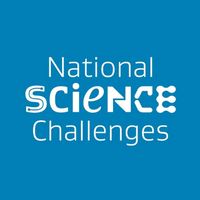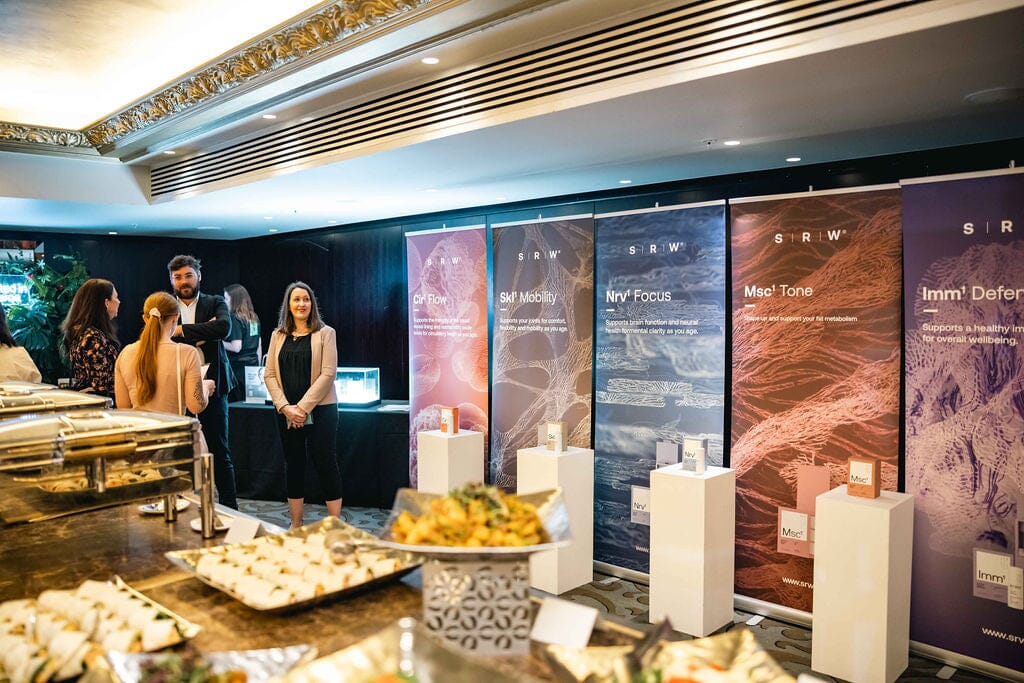Seaweed Could Be The Answer For Skin And Environment Safe Suncare Products
SRW Laboratories have been announced as one of the co-developers in the 'Seaweed Sun Defence' research project from Sustainable Seas National Science Challenge.
“SRW Laboratories is excited to be collaborating with Wakatū Incorporation and Cawthron on this project. The project will deliver new science and offer more options for consumers looking for advanced skin care protection from UV exposure. It will also open up future export opportunities," says Greg Macpherson, Founder of SRW Laboratories.
The Sustainable Seas National Science Challenge was established in 2014, with the objective of: enhancing utilisation of our marine resources within environmental and biological constraints.
It is one of 11 Ministry of Business, Innovation and Employment-funded Challenges aimed at taking a more strategic approach to science investment.
Overview
Aotearoa New Zealand has one of the highest skin cancer rates in the world. Studies have shown that sunscreen is vital to help prevent skin cancer and aging from sunburn and ultraviolet (UV) damage.
Sunscreen, make-up, and lip care products contain ingredients that can filter UV rays. However, many suncare products can have damaging side-effects, and many are being banned due to their environmental impact on corals and other marine life. We need better products that don’t harm us or the environment.
The Project
The 'Seaweed Sun Defence' project looks to investigate the potential of algal bioactives to prevent and improve the outcomes of sunburn. Scientists are investigating if Aotearoa New Zealand’s seaweed and algae can be used in sun care products that are healthy for our skin and the environment.
The scientists are looking at how some seaweed and algae have compounds that can protect skin from UV damage.
“Many sun care products have damaging human health side-effects. Also, many are being banned due to their environmental impact on corals and other marine life. We need better products that don’t harm us or the environment. We think seaweed and algae could help solve this problem," says Mike Packer - project co-leader.
The first part of the research is a study of seaweed species on marine farms to identify endemic (only found in Aotearoa) species that may contain compounds for use in sun care products and can also be easily farmed. Some seaweed and algae species have bioactive compounds that can protect skin from UV damage. Next, developing ways to identify and measure suitable compounds will be looked at.
Excitingly, project members are drawing on both mātauranga Māori (Māori knowledge) and western science to identify which species are best to develop for sun defence. The partnership with Wakatū Incorporation and SRW Laboratories will aid to accomplish this.
Building a Blue Economy
By investing in innovation in the seaweed sector, Aotearoa has fresh opportunities to build back better from the impacts of COVID-19 on the economy. The seaweed sector can also provide employment for people transitioning out of traditional marine economy sectors, such as fishing.
For New Zealanders to be able to use marine resources in the long term, the marine environment needs to be healthy. Aotearoa’s fledgling seaweed sector could play a key role in transitioning to a ‘blue economy’, where marine activities and businesses contribute positively to social, cultural and ecological well-being, as well as generating economic value.
Read more about the Seaweed Sun Defence project here


![Never Grow Old - Longevity Issue [Nutrition Business Journal]](http://scienceresearchwellness.com/cdn/shop/articles/NBJ_Post_-_LinkedIn.jpg?v=1692742979&width=1500)
![Circulatory system care "vital" [NZHERALD]](http://scienceresearchwellness.com/cdn/shop/articles/SRW_-_News_Clip_-_Post_-_Cir1_-_D1_dfadc7dc-c57a-4f80-82bd-4fdb5ba5f0cd.jpg?v=1692742734&width=1500)
